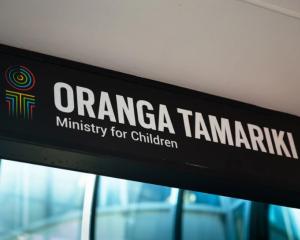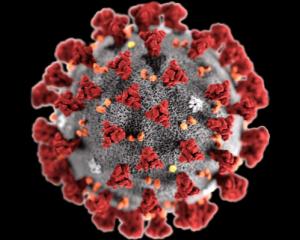Helen Clark's bid to become the next leader of the United Nations just became tougher - with a late entry from a well-regarded Eastern European woman candidate.
Bulgaria has nominated its European commissioner, Kristalina Georgieva, for the United Nations Secretary-General position.
Bulgaria has already nominated Irina Bokova, director-general of the United Nations' cultural arm Unesco, but has now swung its support behind Georgieva.
The country's Prime Minister Boiko Borisov said Georgieva, who has been charged with overseeing the European Union's budget after Britain's Brexit vote, had a better chance to become the first woman to head the UN.
Georgieva's late entry adds another candidate from Eastern Europe, the region which is favoured in the traditional rotational system - however, it's not clear whether Russia would accept her in the role.
There has been a push from some quarters to elect a woman to the position.
Outgoing Secretary-General Ban Ki-moon says he would personally like to see a woman lead the UN for the first time since it was established more than 70 years ago.
That view was echoed by Prime Minister John Key this week, when he said it was time the UN ``got in the 21st century''.
On Tuesday morning New Zealand-time Clark's position worsened in the latest straw poll for Secretary General of the UN after picking up more votes to discourage her candidacy.
Clark was seventh equal of the nine remaining candidates, attracting six ``encourage'' votes and nine ``discourage'' votes.
That was an increase in discourage votes from the previous poll this month, when Clark had seven ``discourage'' and two ``no opinion'' votes.
In Tuesday's poll, for the first time, she got no ``no opinion'' votes.
Soon afterwards, Clark described it as a ``another positioning poll'' and said she would continue her campaign.
The results indicate Clark faces vetoes from one or more of the five Permanent Members on the Security Council. They are China, France, Russia, the United Kingdom, and the United States.
That will become clear when the first poll in which the permanent five will use coloured ballots is taken early next month.
There is an outside chance for Clark to come through the middle, after the P5 have vetoed the favourites of the other P5 members.
Former Portugal Prime Minister Antonio Guterres remained in the top slot after the most recent straw poll with 12 encourages and only one discourage.












